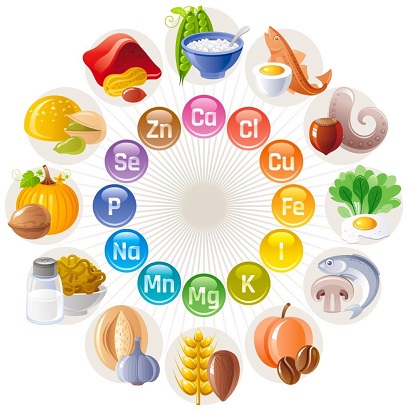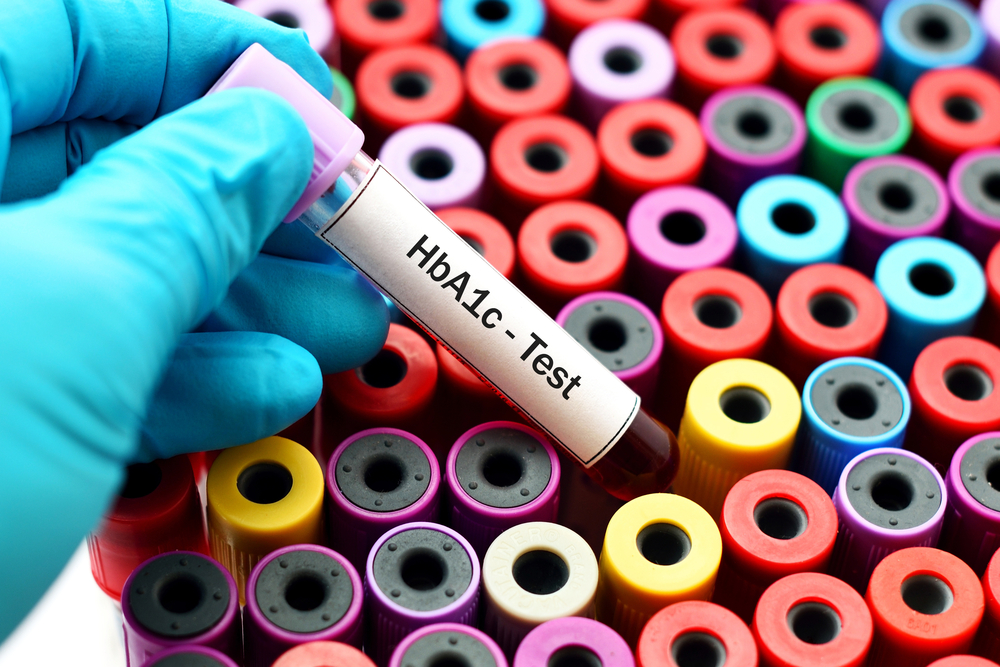Polycystic Ovary Syndrome (PCOS) and Diabetes

PCOS, or polycystic ovarian syndrome is characterised by irregular periods, excessive androgen (a male hormone) levels, and multiple cysts in the ovaries. Diabetes, on the other hand, is a well-known metabolic disorder that affects a person’s body’s ability to regulate blood sugar levels.
While they might seem like separate conditions, a strong connection exists between PCOS and diabetes, mainly through a shared factor called insulin resistance. Continue reading to learn more.
Insulin and insulin resistance
The pancreas produces a hormone called insulin, whose main function is to regulate your blood sugar levels. When you eat, your body breaks down carbohydrates from food into glucose. It’s a type of sugar that serves as a primary energy source for your cells. They use glucose for energy to power your body’s functions. The glucose is then released into your bloodstream.
Insulin resistance occurs when cells become less responsive to the insulin produced by the body. This rise in insulin levels leads to high blood sugar levels. This, in turn, puts you at an increased risk of developing type 2 diabetes.
The link between PCOS and diabetes
Women with PCOS are more likely to develop insulin resistance. The excess insulin produced to compensate for insulin resistance stimulates the ovaries to produce more androgens, leading to hormonal imbalances and PCOS symptoms.
Furthermore, insulin resistance in PCOS is a key factor contributing to weight gain and obesity, both of which are huge risk factors for developing type 2 diabetes. According to a study, the risk of developing type 2 diabetes is linked to body fat levels.
However, PCOS is not solely linked with type 2 diabetes. Other types of diabetes affect and are affected by PCOS as well.
Relationship between PCOS and diabetes (type1 and gestational diabetes)
The relationship between PCOS and diabetes is intricate, as PCOS can be both affected by and impact different types of diabetes.
PCOS and type 1 diabetes
An autoimmune reaction causes type 1 diabetes, where the immune system attacks and destroys insulin-producing cells in the pancreas. People with Type 1 diabetes are more likely to develop PCOS.
Research suggests that people with ovaries and Type 1 diabetes should be screened for PCOS and androgen excess due to the increased risk of developing PCOS and related traits.
PCOS and gestational diabetes
Pregnant women who did not have diabetes before may have gestational diabetes. Although it typically resolves after pregnancy, it can increase the risk of Type 2 diabetes later in life.
As per a case study published in 2020, PCOS raises the risk of gestational diabetes.
Symptoms of insulin resistance in PCOS
Here are some of the insulin resistance PCOS symptoms:
- Darkening of skin in the armpits, groin or behind the neck.
- Craving for salty and sweet foods.
- Difficulty in losing weight gained
- Frequent or increased urination.
- Experiencing fatigue.
- Increased thirst.
Treatment for insulin resistance in PCOS
Given the strong link between PCOS and diabetes, it is crucial to manage insulin resistance effectively. For women who have developed diabetes or are at risk of developing it due to polycystic ovary syndrome, anti-diabetic medications may be prescribed by the doctor.
Metformin is an oral medication generally used to treat insulin resistance in PCOS. It decreases the liver’s glucose production and helps the body and muscles use insulin more effectively. Metformin helps reduce weight and metabolic disorders, corrects menstrual patterns, restores ovulation, and improves the chances of pregnancy.
Ways to manage PCOS and diabetes
Medication alone is not enough to address the root cause. Changes in lifestyle play an essential role in managing both PCOS and diabetes.
- Develop healthy eating habits-
Adopt a balanced diet that includes lots of vegetables and fruits, healthy fats, lean proteins and whole grains. Avoid sugary and processed foods that can spike blood sugar levels. Here are some essential food items that you must include in your diet.
- High-fibre foods such as spinach and broccoli.
- Dark red fruits such as blueberries, cherries and blackberries.
- Healthy fats such as olive oils and avocado.
- Nuts, like pistachios and walnuts, are great for your health. Since nuts are digested slowly, they won’t cause an insulin spike.
- Exercise regularly
Walking is one of the best forms of exercise you can do to help lower blood sugar levels. Apart from that, you can do other physical activities, like jogging or cycling, to improve insulin resistance and help manage weight.
- Weight management
One of the major factors in managing insulin resistance is maintaining a healthy weight. Losing excess weight, if necessary, can significantly improve insulin sensitivity.
- Reduce your stress
Chronic stress can worsen insulin resistance. Therefore, to release stress and anxiety, participate in relaxation techniques like yoga or meditation.
- Time your meals
Eating every few hours helps maintain stable blood glucose levels. Fasting and calorie restrictions are not advisable for women with insulin resistance and PCOS.
Importance of diagnosis of insulin resistance in PCOS
If you suspect you have PCOS, you must undergo certain routine tests to check for insulin resistance. Your doctor may recommend HbA1c and glucose fasting tests to assess the level of glucose in your blood. Regular monitoring is important, as PCOS and insulin resistance can lead to severe consequences like infertility, vision issues, and arterial blood clots. Therefore, for early detection and management, keeping track of blood sugar levels and PCOS symptoms is essential.














